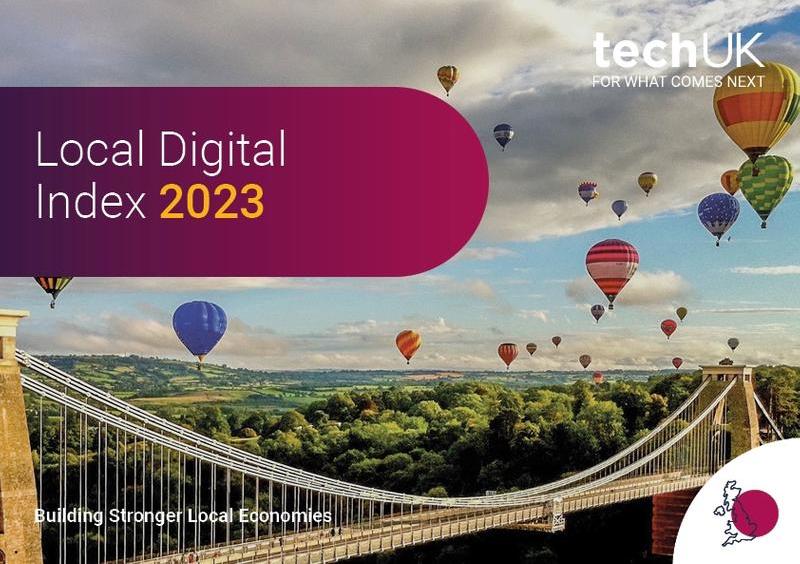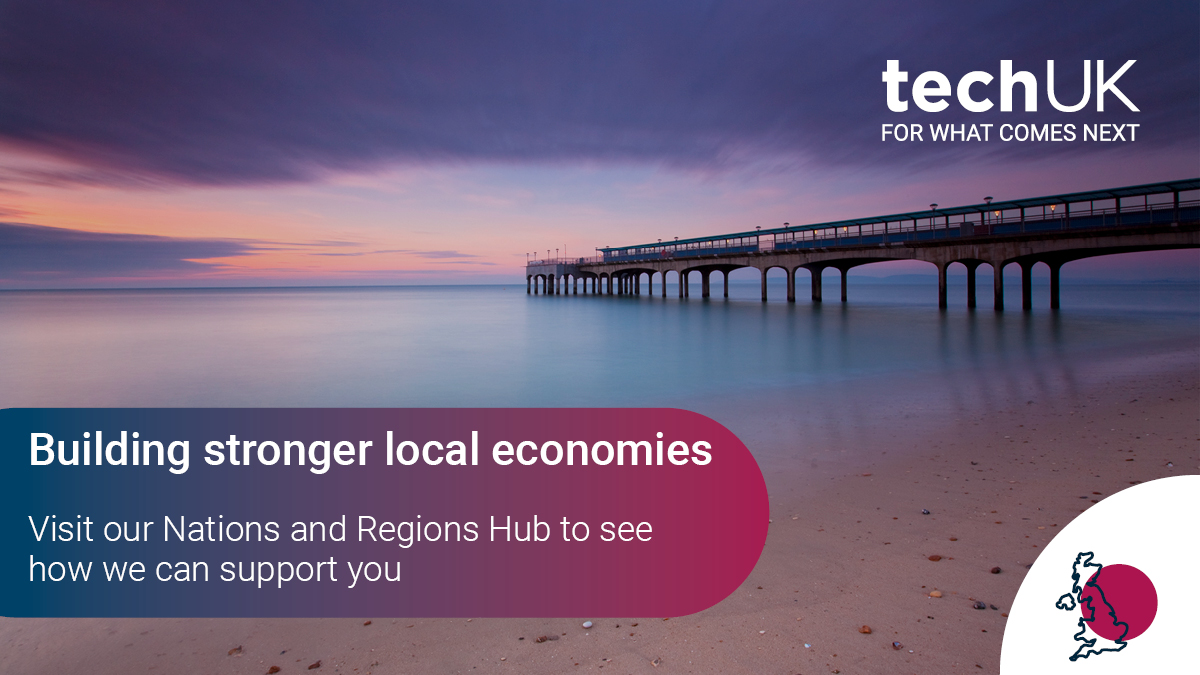How 5G can supercharge rural communities
When we think of a ‘digital society’, some of us might picture a smart city or a connected urban landscape. But the reality is that connectivity and technology is also transforming rural communities across the UK.
At Vodafone, we’ve seen time and time again how rural digital infrastructure creates jobs, supports public services and innovates traditional industries. Critically, as well as empowering rural communities, it also enables any business to succeed anywhere in the UK. With seamless connectivity, entrepreneurs and start-ups can flourish away from the typical city bubbles – taking advantage of hybrid or remote working and leveraging talent available right across the country; in turn, diversifying local economies.
Rural digital infrastructure presents a major opportunity in the UK. But we know there is more work to be done if we are to close the rural digital divide and unlock UK growth. Ultimately, a quality nationwide 5G network is critical.
5G RuralDorset – leading by example
One of the projects that I’m most proud of so far is Vodafone’s work with 5G RuralDorset – a £7m Government-backed initiative, introduced to understand how next-generation connectivity can help people live better, safer and more prosperous lives in rural communities. Through this initiative, we assessed how 5G can be used to address challenges that rural and coastal communities in Dorset face, such as public safety, economic growth, food production and the environment.
We began by turning on 5G in the rural beauty spot of Worth Matravers in 2021. Doing so meant we could not only deliver the fastest wireless data speeds in the county to its 600 citizens but also use the network to trial innovative IoT applications in the community.
Take the Future of Food project led by Wessex Internet, for example, which used autonomous IoT enabled robots to take photos of plants to check for weeds and pests – a futuristic technology that is already driving real-time efficiencies in the agricultural supply chain and maintaining food quality.
Or the 'Jurassic Coast’ project, which used IoT technology developed by Vodafone and Bournemouth University to monitor coastal erosion – a major challenge for many rural beauty spots that rely on safe coastal areas for tourism. Dorset’s Jurassic Coast – one of the few UN World Heritage Sites in England – has faced multiple cliff movements and even a landslide in the last few years. But by planting IoT sensors in the ground to monitor earth movement and other environmental changes such as temperature, critical data can be sent to the cloud over Vodafone’s network. It is then processed using AI and examined by experts at the British Geological Survey. Together, it creates a 5G-enabled process that provides a significant economic saving for the local council, keeps local citizens and visiting tourists safe and helps ensure the long-term prosperity of this important rural area.
After introducing this approach, we also wanted to ensure the impact could be felt across the region. Many coastal communities currently experience 'blackspots' where a network connection cannot be found due to the current technology being limited by range and line-of-sight. To combat this, we installed 5G at off-shore base stations, like lighthouses and even on water buoys, to provide reliable connectivity in hard-to-reach areas – particularly helpful for coastguard rescue teams like the RNLI.
Going further
Having seen rural Dorset benefit from 5G in so many ways – economically, socially, environmentally – we’re even more motivated to ensure these benefits are rolled out on a national scale. However, as readers will know, an enhanced nationwide 5G network cannot be realised with further investment.
The Government’s Shared Rural Network (SRN) initiative is a good place to start and one that we’re committed to supporting. But we know we can do more.
That’s why earlier this year we announced our proposed merger with Three UK, with a vision to create one of Europe’s best 5G networks by investing £11bn over the next 10 years. As a combined company, we will reach over 99% UK population coverage with a 5G standalone network by 2034. And will close the rural digital divide by delivering over 95% 4G geographic coverage in our first year – exceeding the Government’s SRN target of 90% by 2027. With this enhanced network, the UK will be able to realise connectivity benefits in rural areas even sooner.
If the UK is to become a true digital leader, there is a need to make rural locations attractive places to invest and innovate in, as well as an opportunity to improve the lives of those that call them home. Government and industry must continue to work together to enable a digital future that the whole of the UK can benefit from and ensure no community is left behind.

techUK – Building Stronger Local Economies

techUK champions the tech sector throughout the UK. We work with local authorities, devolved government, and local and national policy makers to advocate for the tech sector in strengthening economic growth and resilience. We provide opportunities for our members and local stakeholders to meet, build relationships, and collaborate to drive forward local projects. For more information or to get in touch, please visit our Nations and Regions Hub and click ‘contact us’.
Upcoming Nations and Regions events:
Latest news and insights:
Get our Nations and Regions insights straight to your inbox:
Sign-up to get the latest updates and opportunities from our Nations and Regions programme.
Contact the team:
Learn more about our Nations and Regions campaign:












